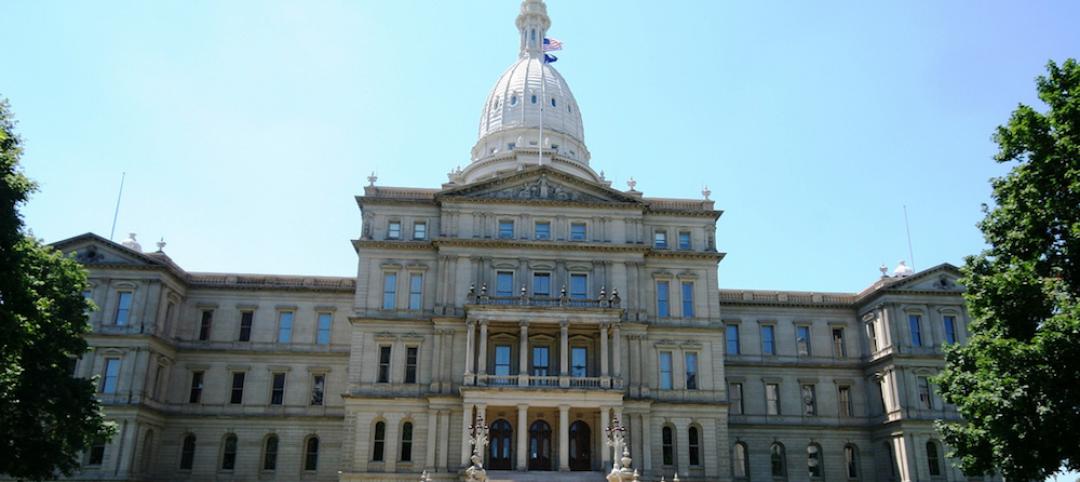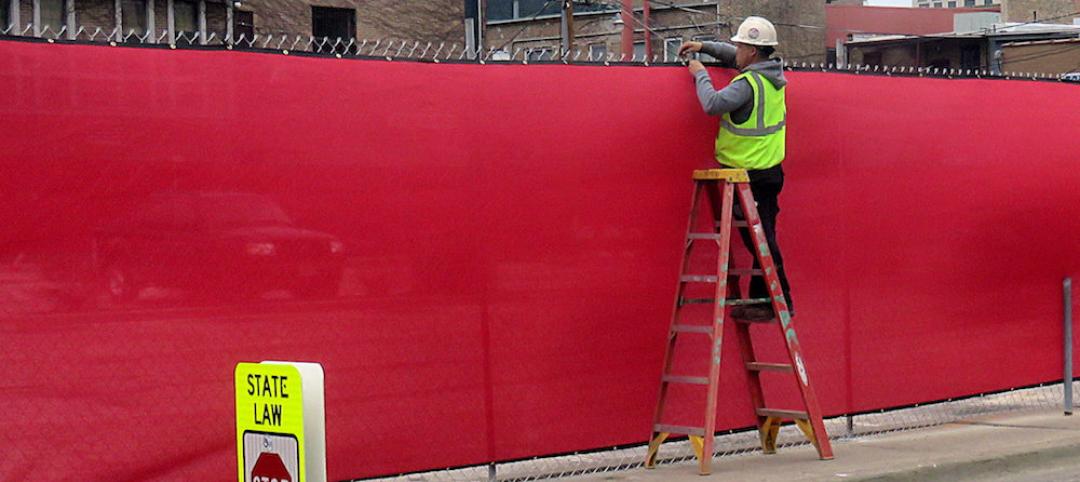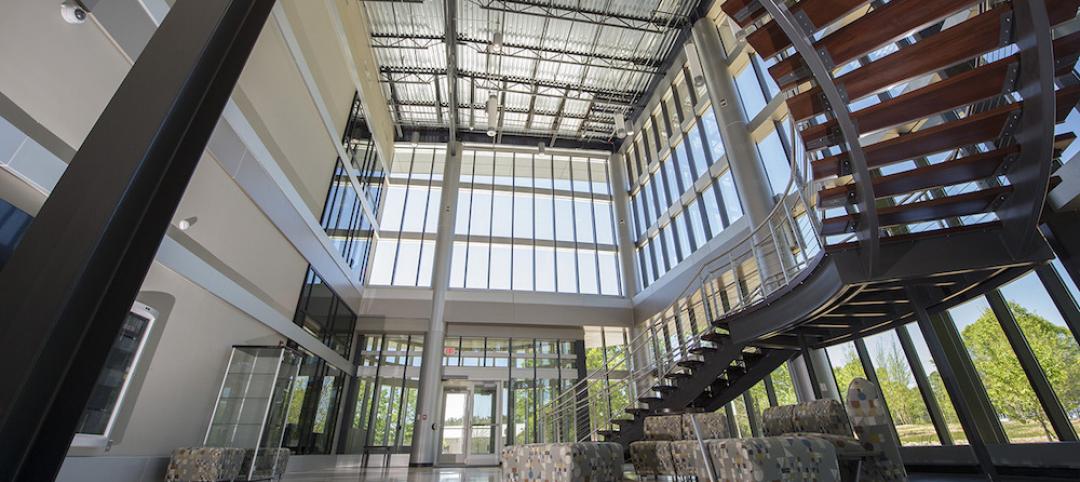Two years ago, a plan to create a smart city project along Toronto’s waterfront was unveiled with great fanfare.
Since then, the proposal, spearheaded by Sidewalk Labs, a subsidiary of Alphabet (Google’s parent company) has prompted extensive public criticism and a lawsuit by the Canadian Civil Liberties Association over data privacy and misuse concerns. The ambitious project was conceived as a showcase for the latest smart city technologies.
The project is to be centered on sustainable and safe transportation systems, and efficient and affordable housing. Technology such as “adaptive traffic lights” would prioritize cyclists and pedestrians and study the possibility of autonomous transit options. Innovative building materials and new occupancy models, like “co-housing”, would offer green, reasonably-priced housing.
With sensors tracking people and vehicles sprinkled throughout the development, privacy rights advocates are concerned that the data could be used for surveillance and discourage people to exercise free speech rights. It didn’t help that at public hearings Sidewalk Labs seemed unable to spell out where this data would be stored and how it would be used.
The company also presented a greatly expanded scope of the proposal from the original 12 acres to a 190-acre area at a public meeting, perhaps misreading the intent of the agreement with the city. These issues have caused delays to the project, but Waterfront Toronto, the city group overseeing it, recently voted to go forward with the 12-acre development.
Other smart city projects around the globe, including in South Korea and India, have been also been plagued by delays and controversies. These challenges indicate that making cities smarter will not be easy.
Related Stories
Energy | Jul 25, 2016
Michigan law provides local governments with flexible energy conservation financing
Allows cities to fund projects without adding debt.
Contractors | Jul 15, 2016
Trade unions, contractors call for maximum penalty in construction worker death case
‘Sick and tired’ of lawbreaking contractors defining public perception.
Multifamily Housing | Jul 14, 2016
Portland, Ore., City Council approves construction excise tax for affordable housing
Expected to raise $8 million annually on commercial and residential projects.
Drones | Jul 13, 2016
FAA issues final rule on commercial use of drones
The rule covers commercial uses for drones that weigh less than 55 pounds, and it takes effect Aug. 29.
Codes and Standards | Jul 12, 2016
OSHA raises maximum civil penalties by 78%
Applies to infractions that occurred after Nov. 2, 2015.
School Construction | Jul 11, 2016
Fight over school funding in Arizona headed to court
Legislature accused of ignoring 1994 ruling ordering state to pick up some of the costs.
Green Specifications | Jul 8, 2016
World Green Building Council sets goal of 100% net-zero buildings by 2050
All new buildings and major renovations to be net-zero by 2030.
Market Data | Jul 7, 2016
Airbnb alleged to worsen housing crunch in New York City
Allegedly removing thousands of housing units from market, driving up rents.
Urban Planning | Jul 7, 2016
Y Combinator project would build new city using new technology, urban policies
Zoning, property rights, building codes all could be re-imagined.
Green | Jul 6, 2016
U.S. healthcare system’s GHG emissions rise 30% in past decade
If U.S. healthcare were a country, it would rank 13th in GHG emissions.

















